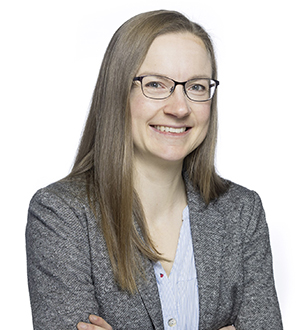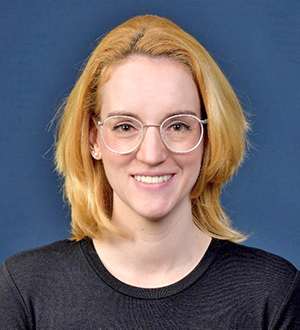DGNM Travel Grant for FNM 2024 in Thailand
A travel grant from the German Society for Neurogastroenterology and Motility (DGNM) aims to support early-career scientists in attending international scientific congresses to present their own data. This year, the DGNM is supporting two applicants from Germany selected to attend LBBB 2024, the 18th Little Brain Big Brain Meeting. Melanie Scharr (Tübingen, GER) and Friderike Uhlig (Cork, IRL) will participate in Thailand from November 2 to 6, 2024, just before the Federation of Neurogastroenterology and Motility International Meeting (FNM 2024), hosted by the Asian Neurogastroenterology and Motility Association.
LBBB brings together the next generation of talented scientists to discuss advances in neurogastroenterology and motility. This esteemed biennial meeting has been held since 1989 in connection with the international symposia on neurogastroenterology and motility. Its success is highlighted by the participation of numerous prominent figures from ANMS, ANGMA, ESNM, and ANMA. Perhaps the most significant outcome of LBBB is the lasting relationships and collaborations formed among participants during a critical phase of their career development.
LBBB is traditionally organized by early-career researchers who have attended previous meetings and represent neurogastroenterology and motility societies worldwide. Continuing this tradition, LBBB 2024 is organized by ANMS and ANGMA members from Philadelphia, Rochester, Dubai, Adelaide, and Melbourne. As in previous LBBB meetings, 30 exceptional young researchers in neurogastroenterology and motility are selected, with applications being anonymously reviewed by former LBBB participants.

Friederike Uhlig is senior postdoctoral researcher and funded investigator at University College Cork and APC Microbiome Ireland. After undertaking her PhD at the University of Sheffield (UK, Prof David Grundy) and postdoctoral training at the University of Burlington (USA, Prof Gary Mawe), she joined the APC Microbiome Ireland as a Marie Sklodowska Curie Actions COFUND postdoctoral fellow in 2021.
Throughout her career, Friederike has investigated different aspects of gut physiology and microbiota-gut-brain communication in health and animal models of disease (inflammation, stress, and neurodegeneration). She identified novel molecules produced by the opportunistic pathogen Staphylococcus aureus involved in afferent signalling from the gut to the brain (Uhlig et al. 2020) and unravelled mechanisms by which postbiotics modulate epithelial secretion (Uhlig et al. 2023). Her current research focusses on revealing how physiological and microbial stimuli modulate the activity of intestinal neurons that regulate gastrointestinal function and mediate gut-brain signalling. Specifically, she is employing in-vitro and ex-vivo techniques to investigate gut hormone secretion by microbes and understand effects on epithelial secretion, gastrointestinal motility and afferent sensory nerve signalling.

I am Melanie Scharr, PhD candidate at the Institute of Clinical Anatomy and Cell Analysis, University of Tübingen in the research group of Dr. Peter Neckel and this year´s participant at Little Brain Big Brain meeting in Thailand.
Since doing my first bacterial transfection in the practical laboratory courses in high school I have always been curious about science and wanted to become a researcher in STEM. Being more practitioner than theoretician, I completed a three-year professional training as a medical technical assistant focusing on clinical laboratory diagnostics in 2013 in my hometown Stuttgart. I started my undergrad studies in Molecular and Technical Medicine in 2013 at the University of Applied Science Furtwangen to expand my knowledge in research and scientific education.
During an internship at the Institute of Clinical Anatomy and Cell Analysis at the University of Tübingen in 2015, I got to know the fascinating and sophisticated network of the enteric nervous system, that, since then never left me. To grasp the highly specified complexity of the enteric nervous system, I joined the graduate school for Cellular and Molecular Neuroscience of the University of Tübingen in 2017 to study a somewhat comparable, but less fascinating structure - the central nervous system. Still, remaining questions of my master thesis, especially, how the everchanging environment of the gut influences cellular signaling pathways of an existing functional nervous network left me with more open questions. Thus, I pursued with the PhD program of the graduate school for Cellular and Molecular Neuroscience in 2019, which I will finish successfully this year.
With my research I am aiming to understand cell-cell communication systems involved in early postnatal maturation of the enteric nervous system in mice and humans. This timeframe is of special importance as it is the first timepoint for clinical interventions beside surgical procedures. Thus, the findings of my PhD work actively contribute to the understanding of basic pathomechanisms of human enteric neuropathies.